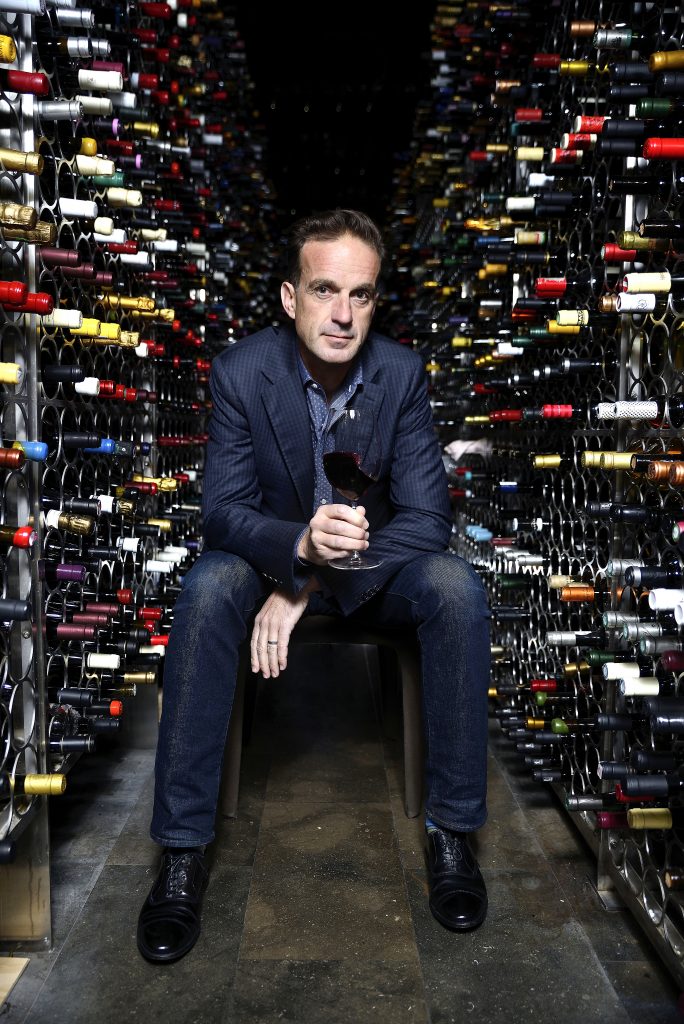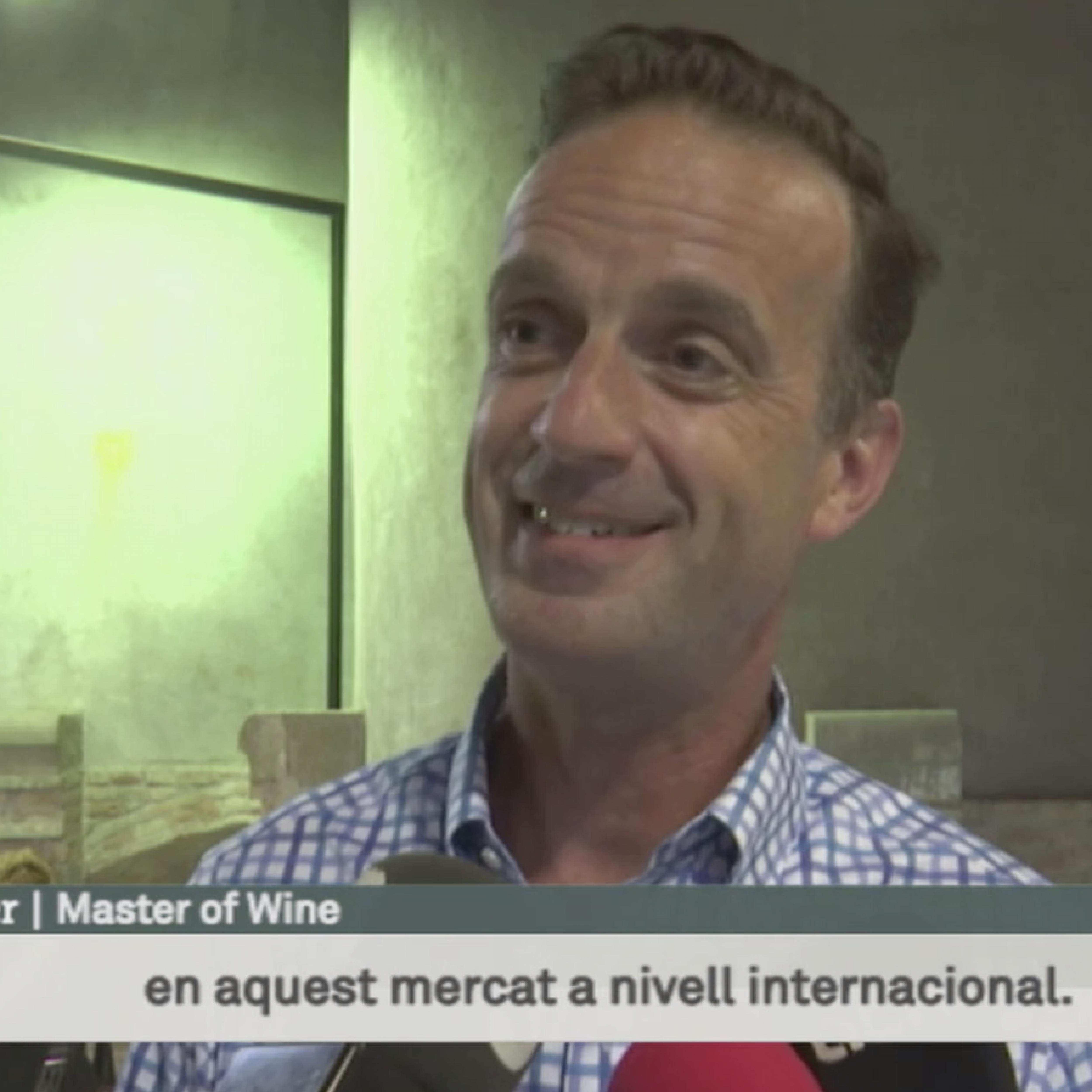
I am avid about helping producers and regions develop powerful brand messages and communicating their story to consumers. I am also a strategic advisor to numerous wine and spirits related start-ups primarily focused on technology and industry disruption.
As well, I am a co-owner of a 10ha vineyard in the Priorat, making wines-of-place from the indigenous grape varieties of the region.
Strategic Consulting.

Wine is Social
Board Member for a Spanish wine distribution company. Contributed to their eventual acquisition.

1933 Signature
Cocktails
Partner in an innovative RTD BiB cocktail company, targeting B2B space.

Institute of Masters of Wine
Council Member steering the worlds leading professional organization for wine forward to the future.
Services
Corporate Oversight
I take pride in bringing strong value and partnership to corporate boards. Helping companies achieve their goals is the number one priority to me when providing strategic oversight.
Path to Market
The path from the winery to the final customer is often a long and and often challenging one. I can help you along every point in the chain. And if you are contemplating a new brand, I can advise on its viability and potential.
Product Assessment
Whether to create, carry, distribute or import a wine is a critical business decision. I can provide an unbiased assessment based on deep tasting experience and intimate knowledge of the global world of wine. Also, I can help with pricing decisions, marketing plans and promotional support.
Branding
I can help you in all aspects of establishing a significant and differentiated presence, including all the way through the branding process down to naming your brand, designing the corporate imaging, and the final packaging.
Public Appearances
Speaking Events
Accomplished public speaker, addressing audiences around the world.
Driven to engaging and entertaining your attendees, giving them a valuable experience.

Masterclasses
Whatever the topic, whether it’s a education based class, or whether it’s more of a symposium on path-to-market, I will give in-depth expertise based on extensive experience.

Judging
I have extensive judging experience at competitions such as London Wine Competition, Bacchus and Decanter, plus table leadership at Wine100 and Competition Chairman at SIAL.

Press.
How I balance wine as work and wine as a passion.
Jump to 0:35 for some of my thoughts given to Catalan news TV on the state of Catalan wines.
Some thoughts on Branding I gave at LWC.
A super fun interview with Lawrence from a well regarded podcast.
A profile in Spain’s weekly national magazine insert.
A newspaper piece on a fantastic trip to the Canary Islands
Blog
(A rant about) the standard winery spiel
I was back in a California a couple weeks ago to take a group of wealthy wine lovers up to Napa for a wine tour. It’s a pretty standard trip that I’ve done for years with this group. Super fun and full of laughs, and we generally try to hit the super high end and exclusive spots.
The Cocktail Scene in Barcelona
A visit to the historic Cava estate of Gramona
A visit to the lovely region of Priorat
What is a Master of Wine.

The Master of Wine qualification signifies the pinnacle of tasting ability and knowledge about the global wine trade. Currently there are just 369 Masters of Wine in the world.
Becoming an MW involves passing three different challenges: closed-book Theory exams, blind Tasting exams, and also a comprehensive Research Paper.
The four day Theory exam consists of 13 essays spanning from viticulture to vinification – all aspects of wine aging, handling and QC – the business of wine – and contemporary issues. The exam does not test memorization skill, rather it tests the ability to understand and communicate about the complex highly segmented world of wine. Example questions are: “What practical options does a viticulturist have at his or her disposal to address long term changes in climate in an established vineyard?”; “What are the commercial advantages and disadvantages of packing/bottling wine in the local market of consumption? Is this trend a good thing for the wine industry?”; “Which is more important in wine: tradition or innovation?”
The Tasting exam spans three days, each one consisting of 12 wines tasted blind. With long form writing, MW candidates are asked to analyze each wine, with typical questions being to argue what the origin is (often down to appellation), what the grape variety is, style and quality, and commercial potential. Of note, the wines focus not just on luxury classic wines but also wines of significant commercial relevance – the exam can have both Grand Cru Burgundy and a $7 mass market Moscato in the same exam!
Once the Theory and Tasting exams are passed (which can take many attempts), there is then a Research Paper phase, which is a year-long endeavor to show ability to perform comprehensive and in-depth analysis on a topic of original research. My Research Paper was titled “An analysis of the impact of declining farm labor immigration on vineyard operations in Sonoma and Napa counties of the last decade”.
But achieving the MW has been more than just passing blind tastings and closed book theory exams and a research paper. Ultimately, preparing for and passing MW has provided me with the palate and knowledge to know great wine from merely good wine. But it has also instilled in me a feeling that while knowledge of the world of wine is important, wine is still supposed to be a social beverage – one that brings people together at the table, to enjoy conviviality, food and life! Salud!









